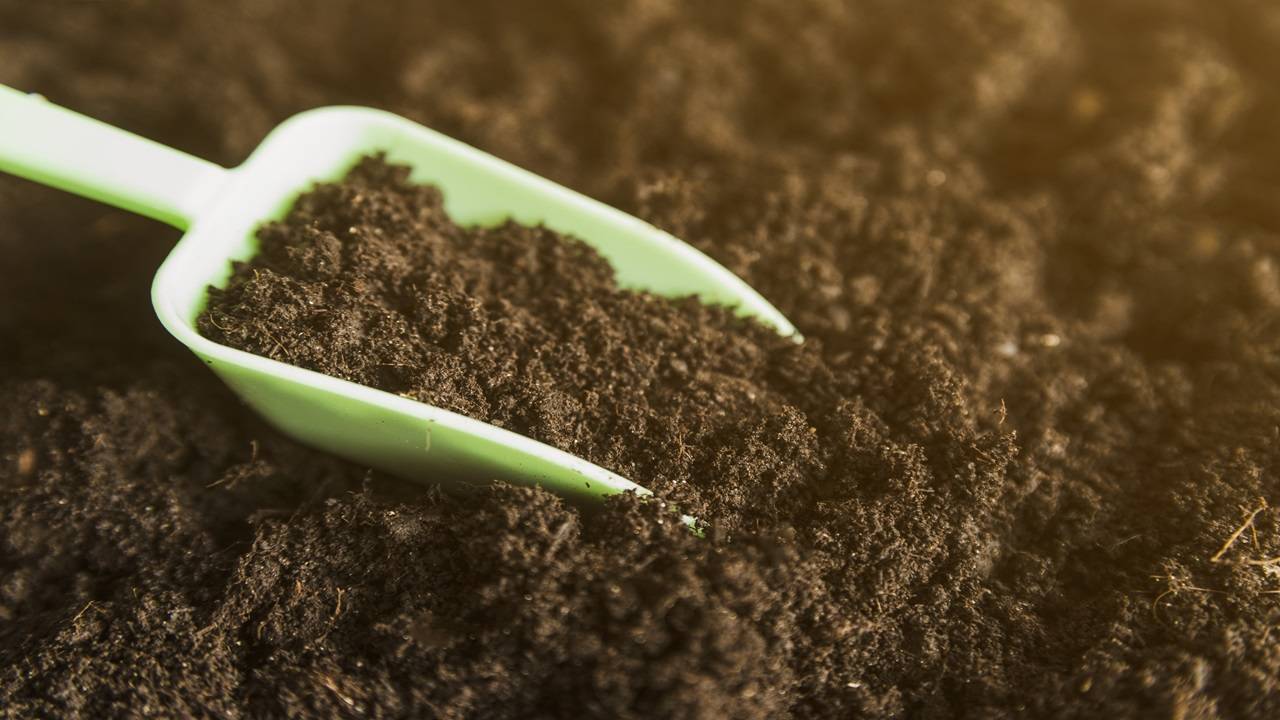
While we usually admire flowers, fruits, and strong trees in plants, there's a hidden hero called lignin in their cells.
This article will explore lignin's composition, what it does, and why it's important for plants.
-
Lignin - The Cellular Glue
Lignin, a complex organic polymer, is a crucial component primarily found in plant cell walls. Think of it as the glue holding plant cells together. Chemically, lignin forms a robust three-dimensional network of phenolic compounds, providing strength and resistance to decomposition.
-
Lignin's Role in Plant Structure
Lignin plays a pivotal role in maintaining the structural integrity of plants. It acts like scaffolding, providing rigidity and support to cell walls, allowing plants to stand tall against external forces such as wind and gravity.
-
Lignin's Contribution to Water Transport
Lignin is not only about strength; it also aids in the efficient transportation of water and nutrients within plants. The xylem, responsible for water transport, contains lignin-rich cell walls that prevent collapse, ensuring the upward flow of water from roots to leaves.
-
Lignin's Water-Repelling Abilities
Surprisingly, lignin is hydrophobic, repelling water. This unique property helps regulate water uptake in plant cells, preventing overhydration-induced swelling and damage.
-
Lignin's Defence Mechanism
Lignin acts as a natural shield against microbial decay and fungal infestations. Its tough chemical structure makes it challenging for decomposers to break down plant cell walls, helping plants resist diseases and extend their lifespan.
-
Industrial Uses of Lignin
Beyond its role in plants, lignin finds diverse industrial applications. It is utilized in paper production, serves as a biofuel source, and is a key component in some bioplastics. Lignin's sustainability and versatility make it a valuable resource.
-
Celebrating Lignin’s Role
In conclusion, while lignin may not be as well-known as chlorophyll or cellulose, it is undeniably essential in the plant kingdom. Its contributions to structural support, water regulation, and defence against decay make lignin a true unsung hero in the natural world.
So, next time you marvel at a towering tree or a vibrant flower, give a nod to lignin for its vital role in the beauty of the plant kingdom.











